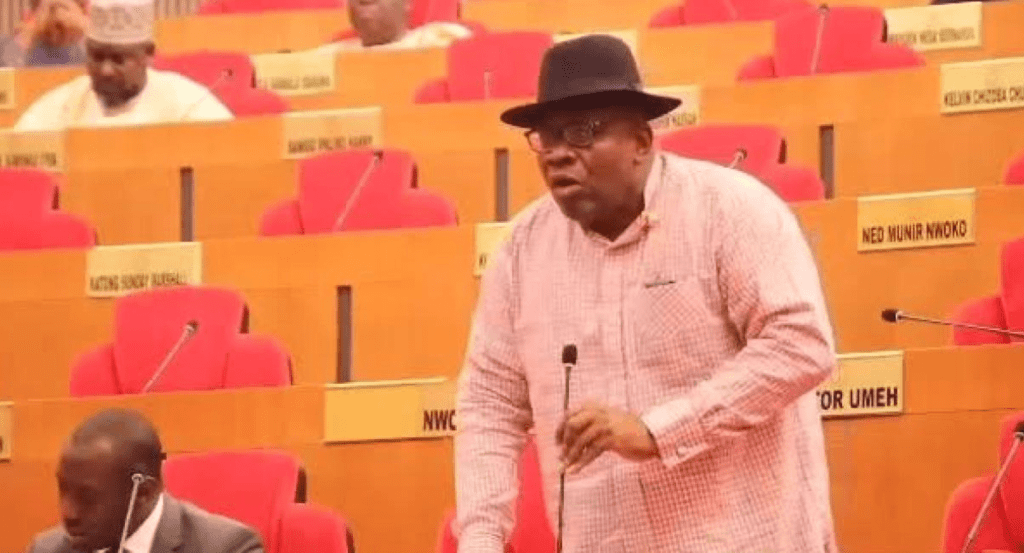The tax reform bills proposed by Nigerian President Bola Ahmed Tinubu have become a central point of legislative and public discussion, with Senator Seriake Dickson declaring the Senate’s commitment to passing the bills. Dickson, during a Senate session, confidently stated that the reforms will proceed despite resistance, emphasizing their importance in reshaping Nigeria’s revenue structure.
The bills, introduced as part of the Tinubu administration’s fiscal reform agenda, aim to expand the nation’s tax base, reduce dependency on oil revenues, and enhance economic stability. Taiwo Oyedele, the head of the Tax Reform Committee, stressed that the bills were not designed to withdraw but rather to refine Nigeria’s tax policies for greater efficiency.
Key takeaways from the proposed reforms include the introduction of simplified tax systems for small and medium-sized enterprises (SMEs), increased compliance requirements for multinational corporations, and incentives for local manufacturing and exports. The Presidency has also assured that the reforms will not disproportionately affect any region, countering criticisms that they could impoverish northern Nigeria.
Stakeholders have expressed mixed reactions to the reforms. Proponents argue that they are necessary to address Nigeria’s revenue shortfall and improve public infrastructure. However, critics fear that the changes could place additional burdens on citizens already grappling with inflation and economic hardship.
In response to public concerns, Oyedele indicated that the committee is prepared to re-engage with stakeholders to address contentious issues and ensure the reforms are equitable. The government’s willingness to consult and refine the bills demonstrates a commitment to balancing economic goals with public sentiment.
Analysts suggest that if successfully implemented, the tax reforms could position Nigeria as a more attractive destination for foreign investment by simplifying the tax code and reducing administrative bottlenecks. However, their effectiveness will depend on robust enforcement mechanisms and transparency in revenue utilization.
As the debate continues, the Senate’s firm stance on passing the bills highlights the administration’s determination to pursue fiscal reforms, despite opposition. The coming weeks will be critical in shaping the future of Nigeria’s tax policy and its broader economic trajectory.





















